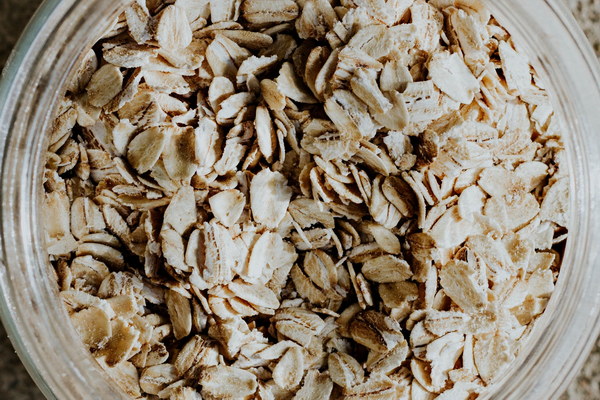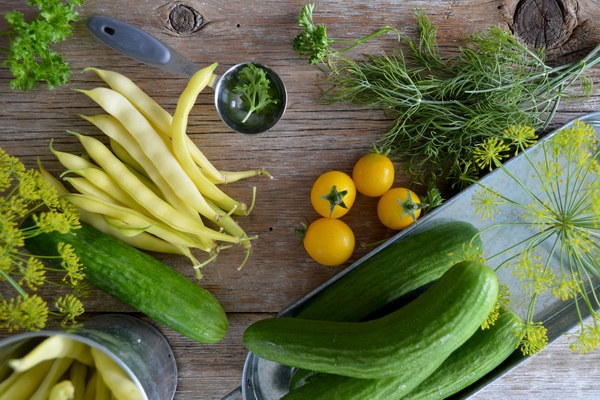Natural Remedies Clearing Phlegm and Nourishing the Lungs - A Guide to White Phlegm Management
Introduction:
White phlegm, often a sign of respiratory conditions such as colds, flu, or allergies, can be both uncomfortable and a nuisance. It is characterized by its thick, cloudy appearance and can cause coughing, sore throat, and difficulty breathing. To alleviate the symptoms and promote lung health, natural remedies can be effective. In this article, we will explore the concept of clearing phlegm and nourishing the lungs, focusing on white phlegm management and offering tips to maintain respiratory wellness.

Understanding White Phlegm:
White phlegm is the body's defense mechanism to trap and expel irritants, allergens, and pathogens that enter the respiratory system. It is usually a sign that the body is working to clear these invaders, but when it becomes excessive or thick, it can lead to discomfort and respiratory issues. By addressing the underlying causes and using natural remedies, you can help thin the mucus and improve lung function.
1. Hydration:
Drinking plenty of fluids is crucial for managing white phlegm. Water helps to thin the mucus, making it easier to cough up and clear the airways. Aim for at least eight glasses of water per day, and consider adding warm liquids like herbal teas or broths to further soothe the throat and promote mucus clearance.
2. Steam Therapy:
Steam therapy can help loosen and thin mucus in the lungs. By inhaling steam from a bowl of hot water or a steam inhaler, you can open up the airways and make it easier to expel the phlegm. Adding essential oils like eucalyptus or peppermint can enhance the therapeutic benefits.
3. Herbs and Spices:
Many herbs and spices have natural expectorant properties that can help clear the lungs and reduce white phlegm. Some popular options include:
- Honey and Lemon: A mixture of honey and lemon in warm water can act as a natural cough suppressant and expectorant.
- Ginger: Ginger tea can help relax the muscles in the airways and reduce inflammation, making it easier to cough up mucus.
- Turmeric: This spice contains anti-inflammatory compounds that can help reduce lung inflammation and clear phlegm.
4. Garlic and Onions:
Garlic and onions have natural antibacterial and antiviral properties that can help fight off respiratory infections. Consuming these foods raw or adding them to meals can support lung health and reduce white phlegm.
5. Rest and Sleep:
Resting and getting adequate sleep are essential for the body's immune system to fight off infections and clear mucus. Ensure you are getting enough sleep and take breaks when feeling fatigued to allow your body to heal.
6. Breathing Exercises:
Practicing breathing exercises can help improve lung function and clear mucus from the airways. Techniques such as diaphragmatic breathing, deep breathing, and pursed-lip breathing can be beneficial.
Conclusion:
Managing white phlegm and promoting lung health involves a combination of lifestyle changes, natural remedies, and self-care practices. By staying hydrated, using steam therapy, incorporating herbs and spices, getting adequate rest, and practicing breathing exercises, you can effectively manage white phlegm and maintain respiratory wellness. Remember to consult with a healthcare professional if your symptoms persist or worsen, as they can provide personalized advice and treatment options.









